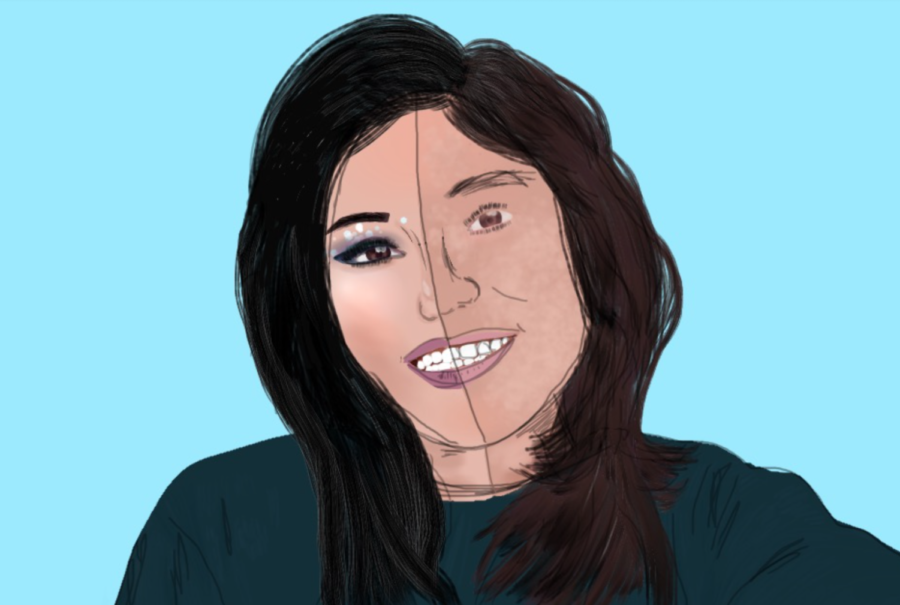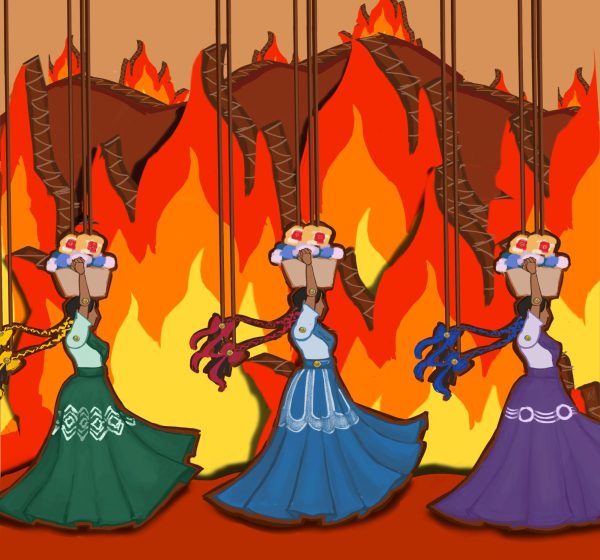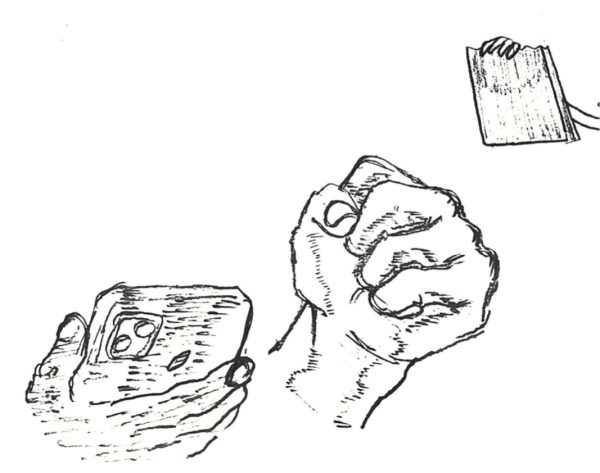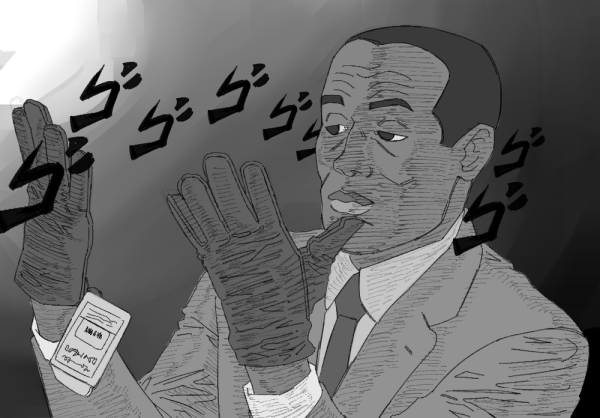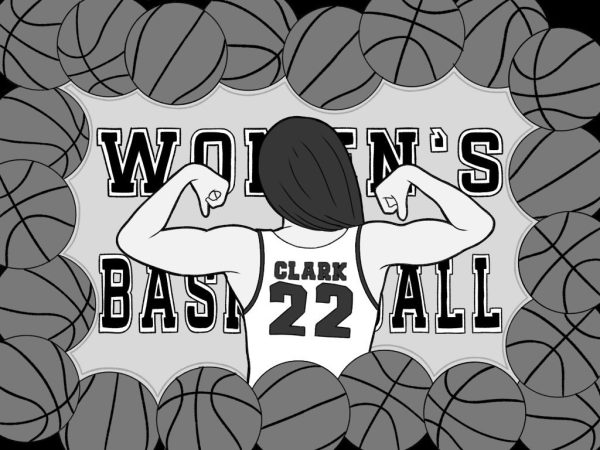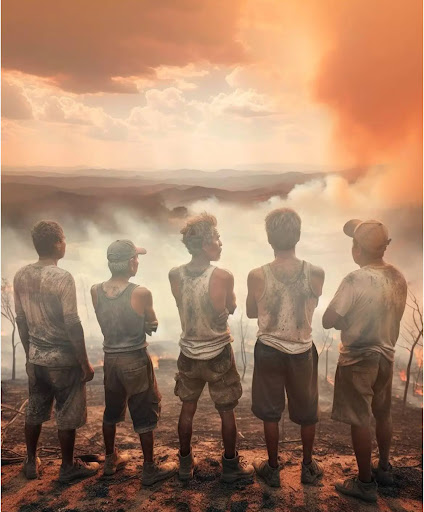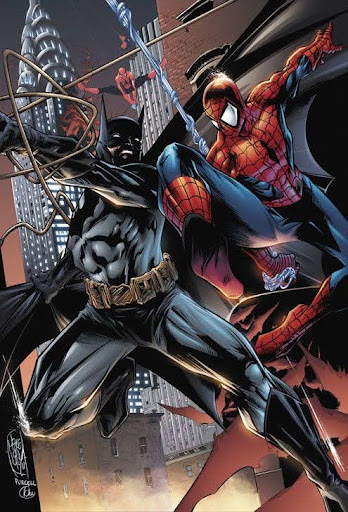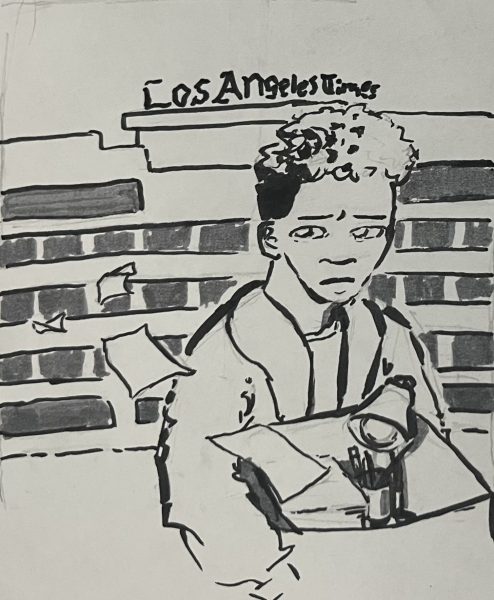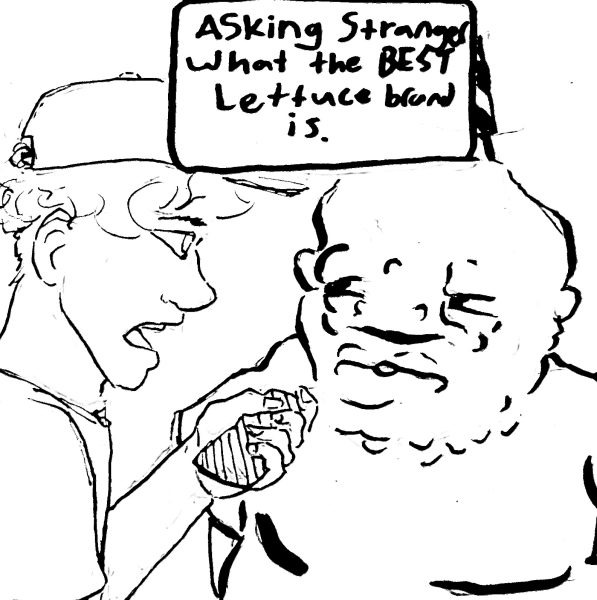The Dangers of “Beauty” Filters
February 22, 2022
As any social media era person does, I like taking selfies. I like finding filters on Snapchat and Instagram that add something cute to fill the empty space of my pictures. However, it feels weird that every “beauty” filter seems to give me a nose job and make my already light skin lighter.
Some filters are more fun in a way where they show how you would look with different hair colors or makeup looks, but others will completely change how you look. Filters are like makeup in the way that they make you feel better and confident about yourself—but the thing with filters is that they make you change in a way that isn’t possible unless you have money.
Beauty standards are always changing while people are expected to keep up. It’s sad to see how much insecurity has grown with social media because people prefer a filter over reality. The current and future generations have grown up on technology, which means our reflections and perceptions of ourselves come more from a screen than a mirror.
Even the most subtle filters still make you seem like a new person. At first glance, you may not see the difference, but side-by-side you start to notice how airbrushed your skin is and how overly perfect every part of you looks. It’s addicting to see what you could look like. This is wherein the problem lies. What happens when you start to prefer the face only achievable through filters or expensive plastic surgery over the one you see in the mirror?
In addition to the more body dysmorphic-inducing filters and effects, there’s also the issue of filters that change features to be more Eurocentric. It’s off-putting seeing people of color noticing they can’t use most filters because their features don’t match the filter or they morph them. I’ve also seen filters that slant your eyes or puff your lips to an extreme amount. It feels extremely wrong that filters like that are allowed.
Filters are fun, but they shouldn’t be our only source of confidence or how we perceive ourselves. They also shouldn’t allow people to use the features of BIPOC people as a prop. At the end of the day, they’re supposed to be a fun thing for a picture, not a foundation for people to feel even more insecure or exploited.

